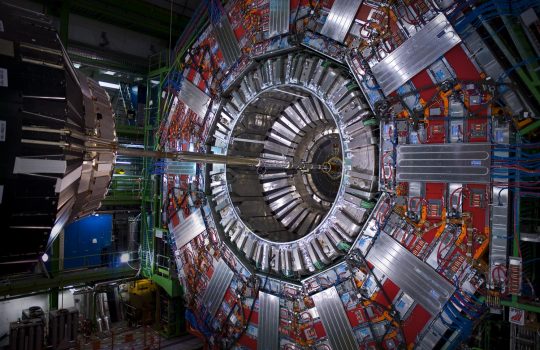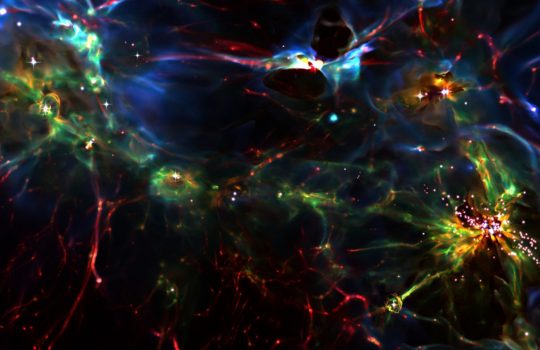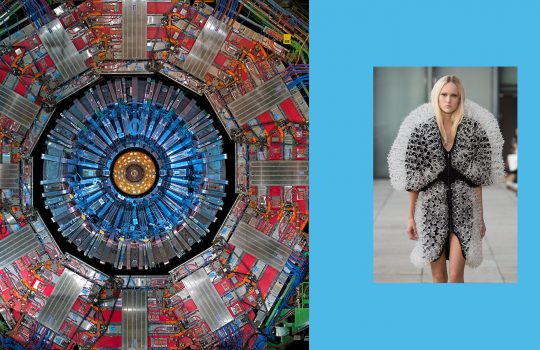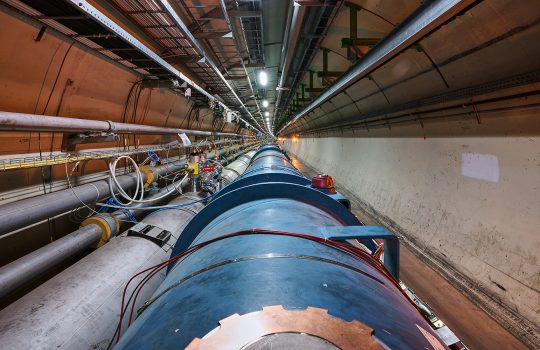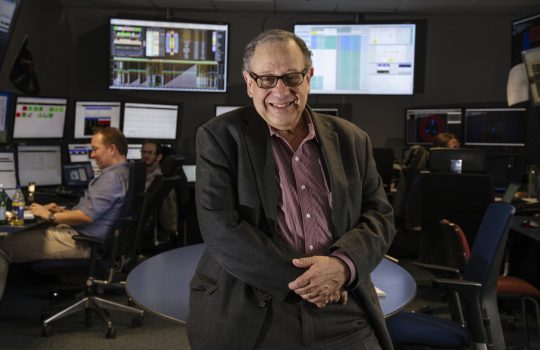Fermilab’s HEPCloud goes live
A pioneer in particle physics and high-performance computing, Fermilab has launched HEPCloud, a cloud computing service that will enable the lab’s demanding experiments to make the best, most efficient use of computing resources. This flagship project lets experiments rent computing resources from external sources during peak demand, reducing the costs of providing for local resources while also providing failsafe redundancy.

